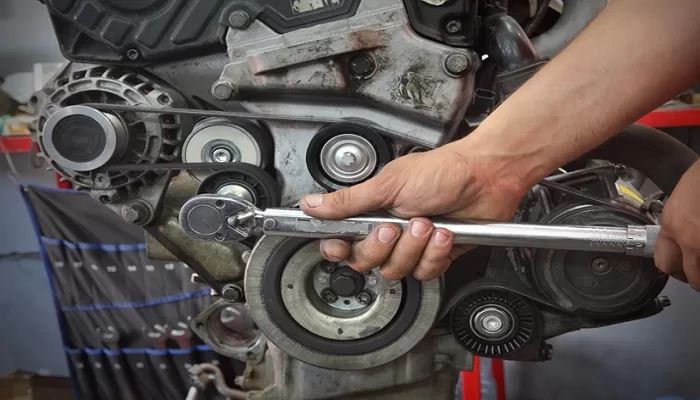Auto
What are the current challenges facing the automotive industry?

In light of the COVID-19 pandemic, it is safe to say that the world is changing. The changes are affecting all manner of businesses and industries. The automotive industry, for one, is needing to change massively in an attempt to adapt to new demands and expectations.
But what sort of changes and challenges are automotive experts facing in the age of the new normal? One good place to start may be to see what experts those actively immersed in the industry have to say. Automotive expert Patrick James of Trico, for example, will likely have keen insight.
In the here and now, however, let’s take a look at the broader picture. What can the automotive industry expect in the year to come? Will changes brought on by the pandemic alter the way car and vehicular production operates for good?
Manufacturing is closing down
One of the biggest issues facing all industries offering any kind of manufacturing is, of course, that of social distancing. In the age of COVID-19, how can we keep safe in close working environments? This problem led to a variety of factory and assembly line closures across 2020. In fact, some vehicular assembly units pivoted to start producing personal protection equipment (PPE), for medical use.
Job losses as a result of halts to manufacturing rose, too. However, there are many things the automotive industry can do to help fight back against closures. For example, it may simply be a case of ensuring that there are additional precautions and health and safety measures in place regarding the virus. What’s more, manufacturers may wish to start implementing automated processes and delegating production. At least that will ensure there is less emphasis on human or manual control, thereby reducing the risk of person-to-person contact.
That could mean even the smallest or oldest of automotive firms will consider moving towards the Internet of Things (IoT).
Demand is slowing down
Lockdown measures do not just impact production; they also impact the movement and availability of everyday people, i.e., motorists and customers. Therefore, some trends show that people may not buy cars or other vehicles quite as much as they did pre-pandemic. That, of course, will be a huge concern for the automotive industry.
The US automotive market took deep dives across 2020. There is a significant shift towards online purchasing. As many people prefer to purchase vehicles in-person for obvious reasons, this may explain why so much of the purchasing interest has dropped away. However, companies and manufacturers can pivot further to ensure that they appeal to buyers once again, in the ‘new normal.’
For example, they may wish to completely rethink their sales blueprint. The pandemic is now at such a point where relief or any kind of return to ‘normalcy’ is still quite a distance away. Therefore, automotive experts may do best to focus on a more COVID-friendly approach. They could offer augmented reality (AR) tours of vehicles online. They could also support a contactless system for payments and other transactions.
Crucially, it is all about pivoting towards the health concerns of the public. What can an automotive company do to help assure their confidence not only in the brand, but in the safety of making a purchase?
How long will challenges persist?
The coronavirus pandemic has, inarguably, changed the way we live, work and make purchases for good. It is a wake-up call for industries such as the automotive sphere, which means that we now need to carefully consider how we undertake each transaction. It also means that many manufacturers and assembly engineers will need to start relying on automated delegation, for example, in the name of absolute safety.
There are, at the time of writing, signs that the pandemic may slow down in the months to come. However, should this not be the case, the automotive industry and its engineers need to be as smart as their car technologies to ensure that people can safely rely on their expertise and their products for years to come.
Unfortunately, auto experts are looking at an indefinite period where pivoting to the pandemic will likely need to continue. This is very much the case for all of us. However, that does mean that now is the time for creative solutions, too. Providing the car industry is willing to reshape itself in difficult times, there are no reasons why it won’t come through the other side.
In the meantime, the world is waiting to see what will happen next in terms of vehicular engineering. Large steps forward such as autonomous vehicle design, intelligent onboard systems and EV are very much at the top of the agenda. Engineheads have their fingers tightly crossed that innovations will keep rolling forward despite the ongoing challenges we are all facing right now.





















































